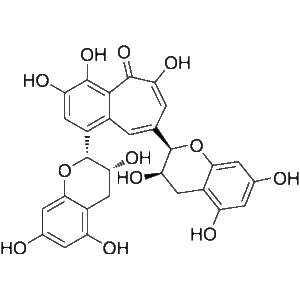
What to Do When Cancer Becomes “Unresponsive” to Treatment
There may come a time in a cancer journey when doctors say the words no one wants to hear: “The treatment is no longer working.” In that moment, families are faced with heartbreak—and choices. While curative medicine may reach its limit, care never stops. In fact, it can become more personal, more purposeful, and more compassionate than ever.









